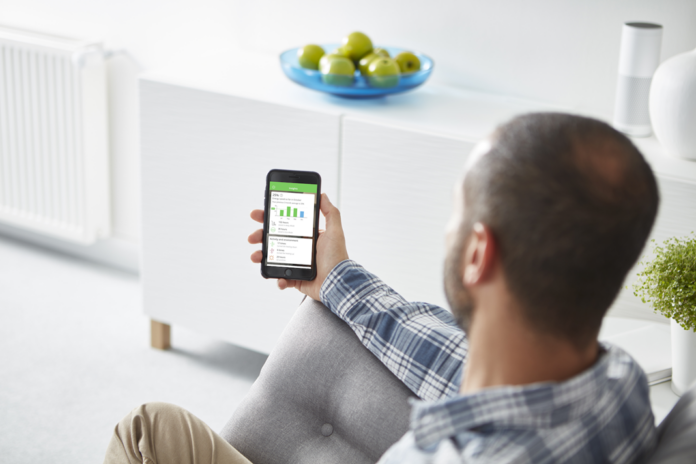
A new report has revealed that almost 74% of British homeowners have adapted their behaviour over the last 12 months to use less energy during the energy crisis.
Drayton and Schneider Electric’s study of 2,000 British homeowners found that 26% of people are measuring or tracking how and where they use energy and 14% are investing in a smart thermostat to control their heating, both with the aim of reducing energy bills.
In addition, UK homeowners have made a series of more traditional changes to their lifestyle and behaviours to decrease their energy consumption, with 52% of respondents decreasing the temperature of their heating at home and 41% limiting their usage of hot water.
A statement said that the findings form part of Schneider Electric’s global study of more than 9,000 homeowners, tracking their attitudes and behaviour towards energy efficiency and sustainability.
The survey revealed that energy efficiency is the top concern of UK homeowners. The study also found that homeowners are willing to invest an average of around £1,250 in energy efficiency measures in the next 12 months.
The research also showed that smart technology users were twice as optimistic about achieving Net Zero ambitions, compared to those who are yet to make the investment. A total of 51% of the UK population believe it is important for homes to become more sustainable but general levels of optimism around achieving this have fallen, compared to the 2021 survey results.
Jeremy Palmer, general director at Drayton, said: “A real positive of this study was just how many UK homeowners (71%) believe it is important to reduce their carbon footprint. However, it is concerning to see the impact of the energy crisis and it is shocking to hear that 43% of UK homeowners would sacrifice their own comfort in an attempt to reduce energy use and keep bills down.
“It is clear that more needs to be done to educate homeowners about the cost-effective ways they can improve their energy consumption without having to make these sacrifices. For instance, by upgrading their heating system with the introduction of smart thermostats and multi-zoning, homeowners can still enjoy a warm home, without having to over-spend by heating empty rooms.
“Whilst 34% of respondents consider smart technology an easy way to reduce energy use, there continues to be an opportunity here for installers to educate and help customers implement energy-saving measures that will have an immediate and tangible impact on their bills, without compromising comfort.
“This research also shows that progress still needs to be made in relation to homes of the future. Achieving Net Zero is crucial in tackling the global climate crisis, so it is important that the government and manufacturers lead the way in developing the right solutions that will make sustainable homes possible.”
